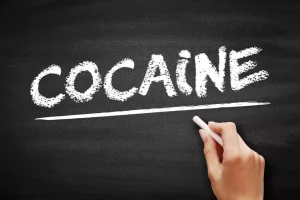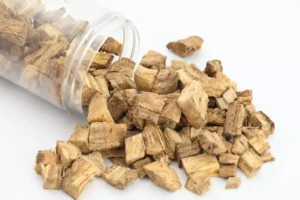
Instead, your liver prioritizes breaking down alcohol rather than fat. Alcohol has a lot of calories but offers no nutrients and may affect hormones that control appetite, hunger, and stress. A drink is defined as 14 grams of https://ecosoberhouse.com/ alcohol, which equates to 12 ounces (355 mL) of beer, 5 ounces (148 mL) of wine, or 1.5 ounces (44 mL) of hard liquor (15). Still, you may have heard that red wine, in particular, may offer more benefits than other alcohols.
This is what happens to your body when you drink

When you mix drinks with sugary sodas or juices, those calorie counts can soar. The amount you drink matters too—more drinks mean more calories, which can add up to temporary weight gain. Eating food while drinking can help does alcohol make you gain weight slow the absorption of alcohol, but some foods can also increase the risk of bloating, including fatty foods. I've spent the last seven years researching and understanding alcoholism, addiction, and how people get sober.
Alcohol is a Source of “Empty” Calories
Most studies on alcohol's effects on appetite have been conducted in animals. More human research is needed to understand how alcohol affects hunger. One animal study published in 2017 found that alcohol activates cells in your brain that signal intense hunger. After a few drinks, you may be more likely to make unhealthy food choices without thinking about it.

Avoid Eating Greasy and High-Calorie Foods
You do not have to give up alcohol entirely to create a calorie deficit. Instead, changing your drinking habits can help you manage your weight. Males are more likely to gain abdominal fat from drinking than females. Females may gain weight in their abdominal region after menopause when estrogen levels naturally decline. On the other hand, heavy alcohol use is defined as drinking four or more drinks for women and five or more drinks for men on a single occasion on 5 or more days in a month (15).
RELATED: 'I Ate Carbs For Breakfast Every Day For A Week—Here's What Happened'
- A common-sense approach is to drink very moderately, if consuming a very small amount of alcohol will make staying on the diet easier.
- Red wine contains resveratrol, an antioxidant compound that may fight disease and has been linked to heart benefits when consumed in moderation (10).
- Meanwhile, a 1.5-ounce (44-mL) shot of vodka has 97 calories (7, 8, 9).
- Alcoholic beverages are often high in empty calories, with about seven per gram.
There have also been recent studies that have found a general positive association between alcohol intake and weight gain [42]. This study, however, did not control for PA levels and only assessed alcohol intake on a yes/no scale [42]. So it's important to monitor your alcohol consumption as part of a balanced diet, regardless of whether or not you're managing your weight. Looking at data from the end of the first year, researchers found no association between weight and drinking—even among those in the intensive intervention group who reported heavy drinking.
It changes how your body processes fat
French et al. [15] measured alcohol frequency ranging from 1–2 times per year to every day, while estimating the number of drinks per drinking day from 1–36. Drinking too much wine can lead to the overconsumption of calories and possible weight gain. In addition, excess alcohol intake may hinder how your body burns energy and fat.

How Quickly Does The Liver Heal After You Quit Drinking?
This excess gas could lead to bloating in the stomach and belching (burping). Beer is carbonated, so it can lead to excess gas in the stomach and bloating. Mixing alcoholic drinks with carbonated beverages (soda or seltzer) could also result in excess gas. Alcohol bloating can happen when a high alcohol intake causes stomach acid levels to rise. This can lead to inflammation and irritation of the stomach lining, knowns as acute gastritis.

In the longer term, alcohol consumption can contribute to chronic gastritis, where persistently high levels of stomach acid cause stomach ulcers to develop. As a result of their findings, the researchers concluded that heavy drinking should be part of the discussion when it comes to talking about healthy eating and weight loss. Most heavy drinkers will develop a hefty beer gut or wine tummy. But even if you don’t consume massive amounts of alcohol, you could still be subjecting yourself to serious weight gain. While you don’t need to quit alcohol to live a healthier lifestyle, the main problem lies in binge drinking. Excessive alcohol use increases your weight and puts you at risk for long-term health complications.

Alcohol Intake and Obesity: Observational Evidence
- And from what we know, it won’t exactly hurt your weight loss journey.
- Additionally, I examine the way mental and physical health as well as our relationships with others impact the reasons people drink and their role in maintaining sobriety long-term.
- “So it seems like for those highly impulsive participants, reducing their alcohol intake really does benefit their weight loss over time,” she says.
- The information and materials contained on this website are not intended to constitute a comprehensive guide concerning all aspects of the therapy, product or treatment described on the website.
- This study, however, did not specify the amount of alcohol intake, and did not control for participant’s physical activity (PA) levels [40].